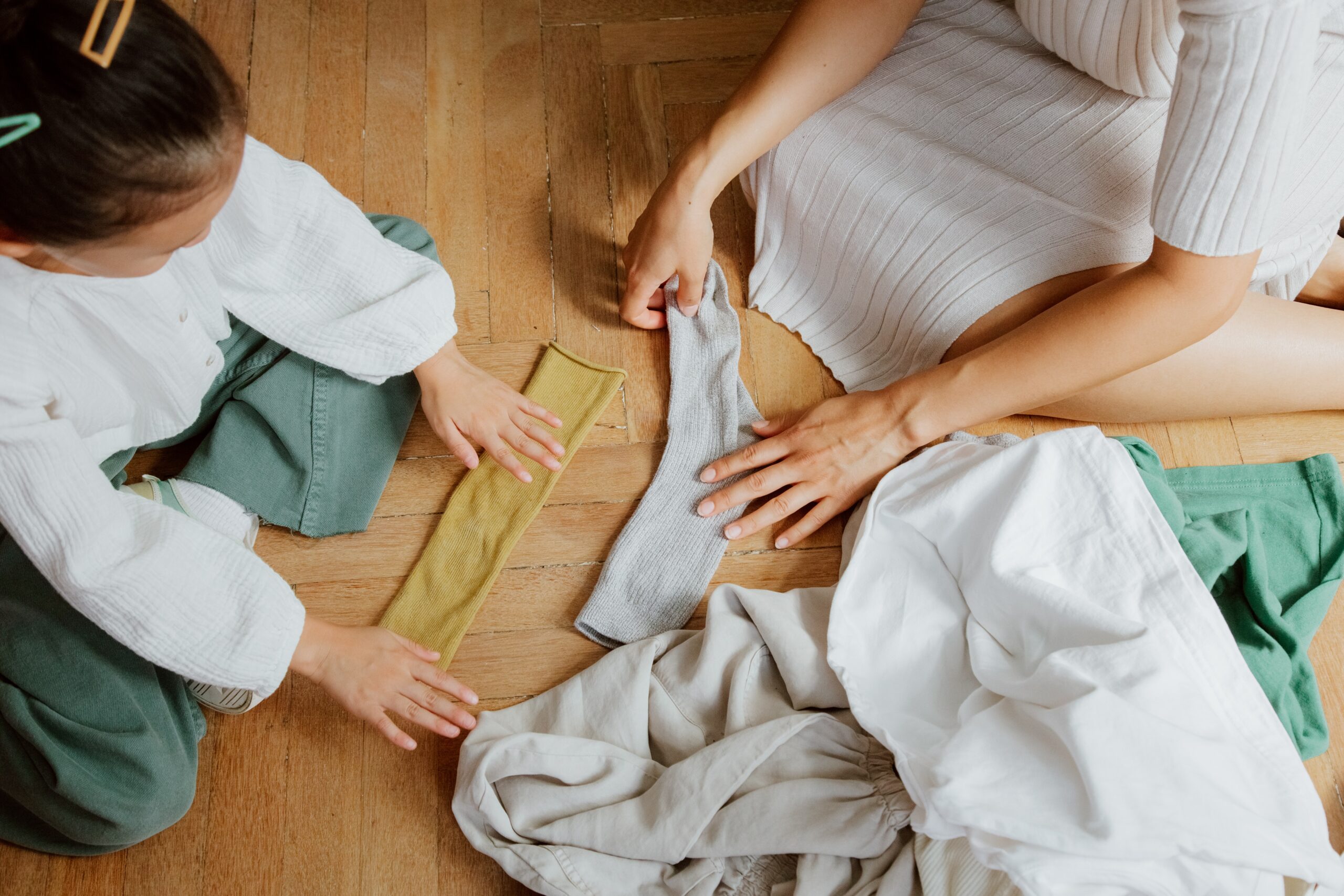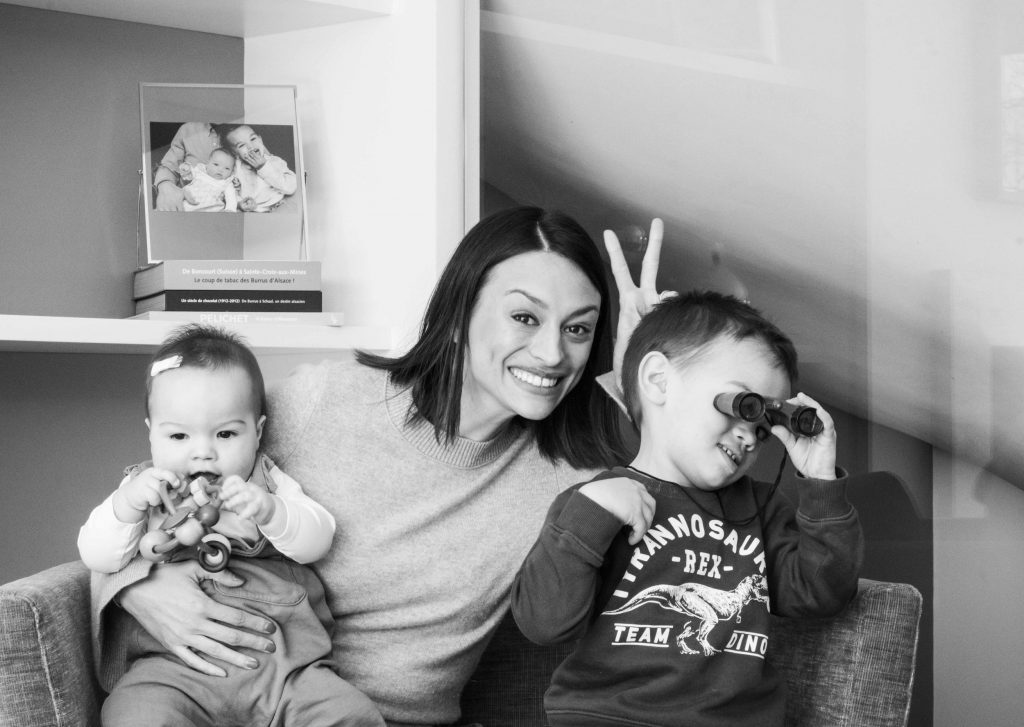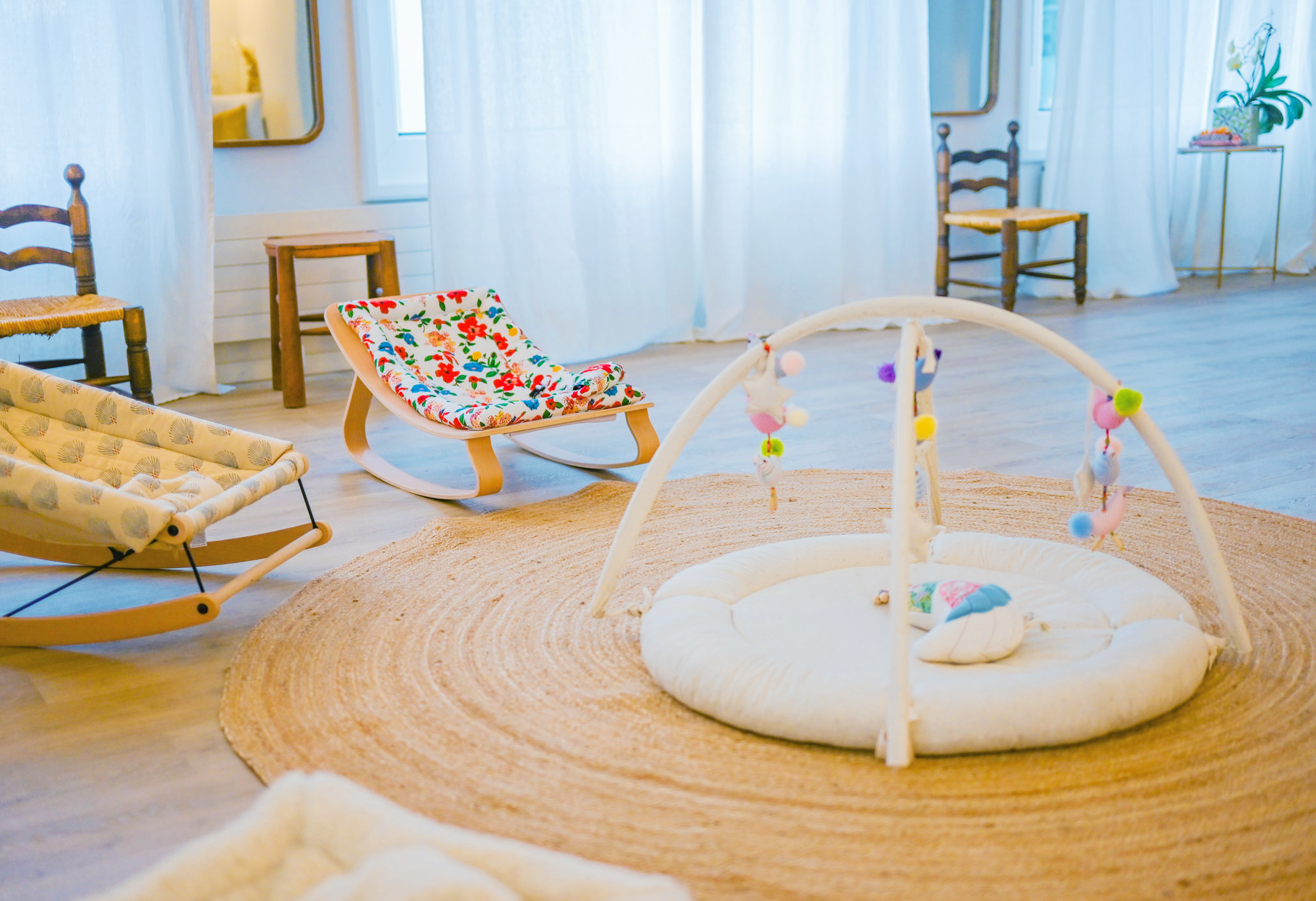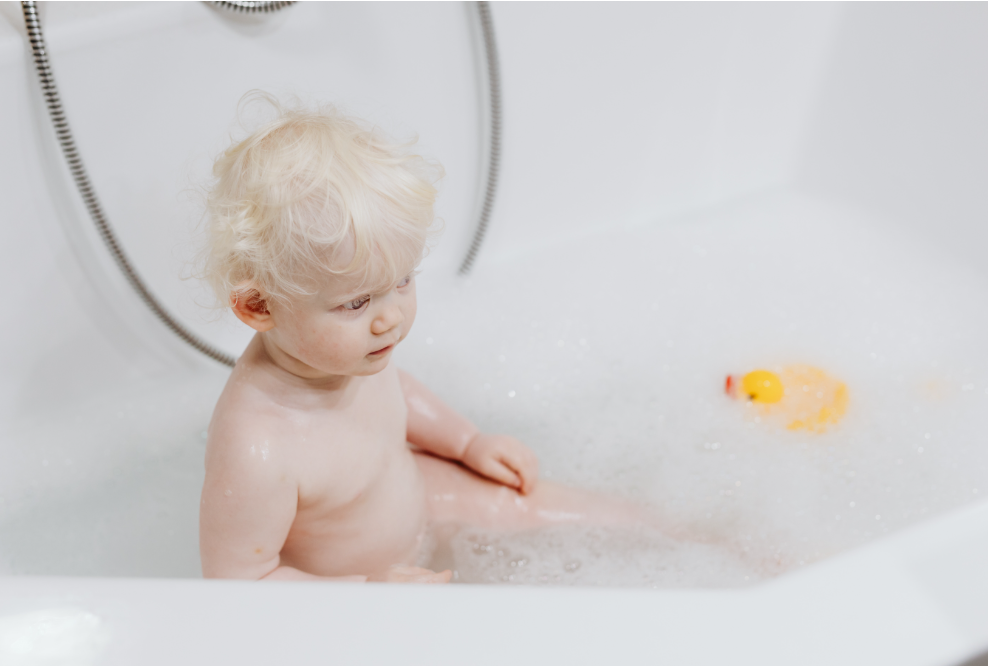Children mean a lot of love, but also a lot of work at home. Everything gets dirty quicker, the cheni piles up, the laundry goes on and on, with no end in sight. If we don't want to end up on our kneecaps every day, the little ones have to contribute. Beyond that, we all want our children to be autonomous beings, capable of fending for themselves later on. So how do we go about it? How do you involve your children in the running of the house?

Don't underestimate them
If a child can turn her room upside down in less time than it takes to say "I stepped on another Lego", she has the motor skills to put the toys in the basket. If she has the fine motor skills to beat you at Mario Kart, she also has the fine motor skills to peel vegetables. And if they have the patience to wait their turn on the merry-go-round, they'll have the patience to vacuum. You get the idea. Of course, we have to adapt our demands and expectations to their age, but they're always much more capable than we think, and we're always surprised.
Ask their opinion
Or the concept of the willing victim (I'm sure there's a better term for this, but it would make me laugh less). This consists in asking their opinion not on what they have to do, but on HOW we organize ourselves. Example: for weekly cleaning, the children have chosen to have a room assigned to them every month (apart from their bedroom). Each person is responsible for cleaning the entire room, and every month we change the room. Whatever the organization, as long as it's clean, we're happy.
It must be in their interest
We tried to make the boys believe that unloading the dishwasher is fun, putting away the groceries is magic and folding clean laundry is fun, but they didn't believe us. We had to find another motivation: time spent with us. " Yes, chouchou, when we get home from work, Daddy and I have to tidy up the groceries and the living room, make dinner, set the table, etc., and if we do it alone, it doesn't go as fast and we have less time to spend with you". As they were always asking for more time with us, it worked extremely well. And now habits are established. Every child has different motivations, and the key is to find their own.
Gradually build up their skills
Whether it's learning how to pack a vacation bag, make a salad dressing or throw a load of washing powder, you can't expect children to do everything perfectly the first time. At first we show them, then we do it with them, then they do it under our supervision (even if it means discreetly ironing behind them), and finally they do it on their own and we ask them to do it again if necessary. When a process is more complicated, we break it down into stages: we learn how to put dirty laundry in a basket, then put it in the washing machine, measure out the detergent and finally start the program (easier than a video game, don't try that on me!).
De-invisibilizing our work
Children don't see 3/4 of the things we do, because we do them when they're playing, sleeping, showering, playing sport or whatever. Understandably, they have no idea. But how can we help them do something if we're not even aware of what's being done? Awareness of the importance of these daily tasks and the benefits they bring won't happen by itself. It's up to us to make it happen. The aim is not to make them feel guilty, just to open their eyes little by little to how this micro-society - the family - works, and to teach them about family solidarity. Alone we go faster, together we don't get the housekeeper's job, do we?


Hélène Girard
Mom of three boys aged 10, 12 and 14
www.famille-o.com
Instagram
helene@famille-o.com





















Share this article